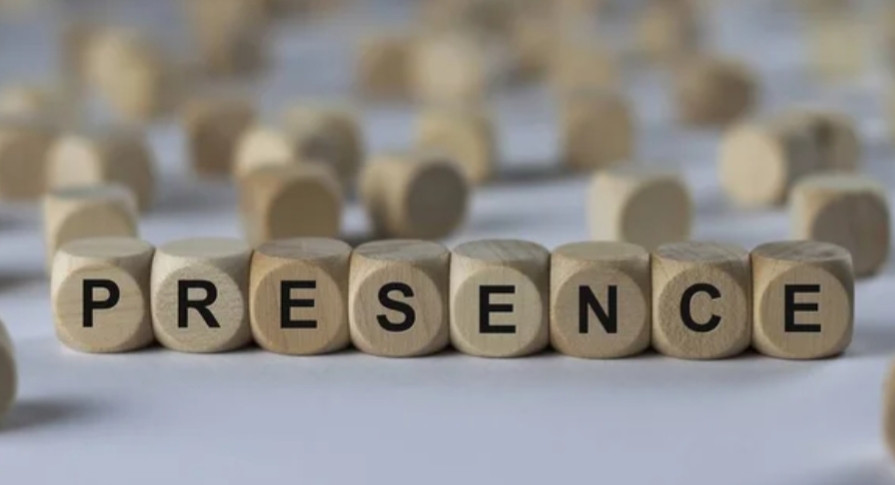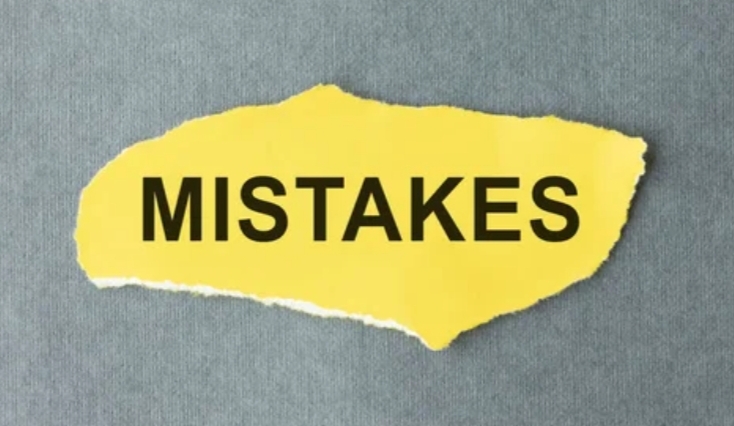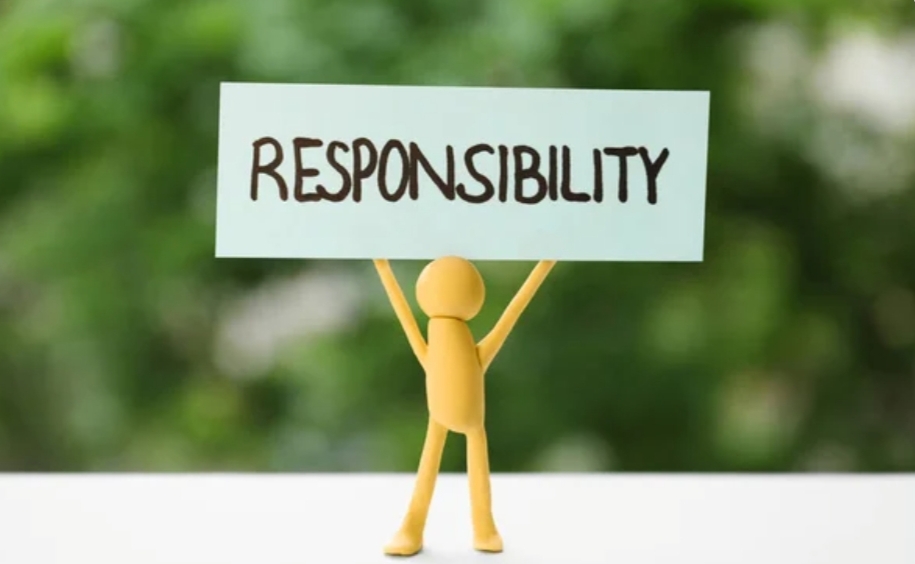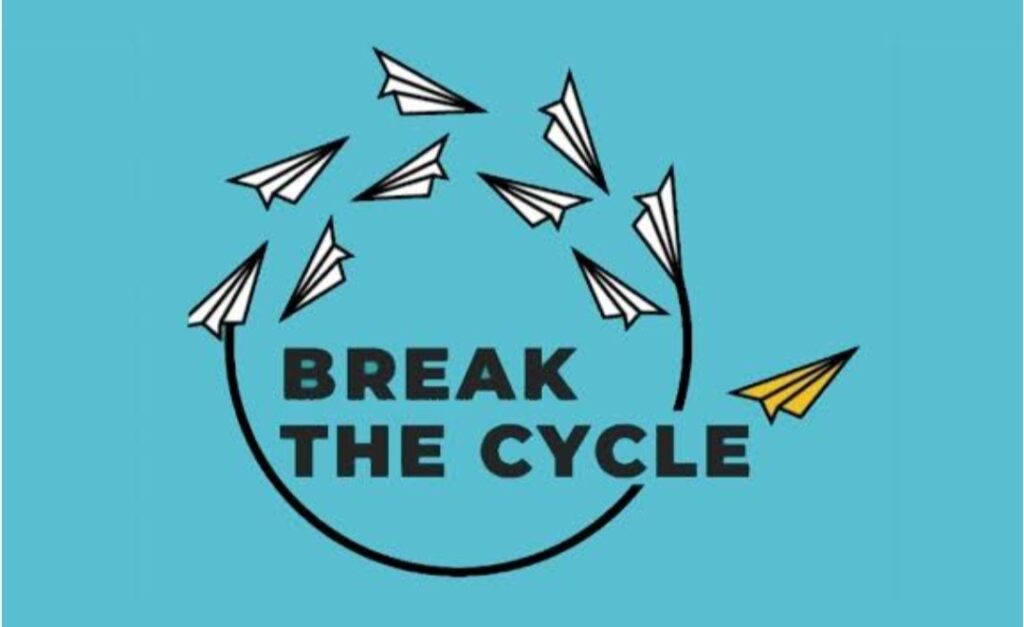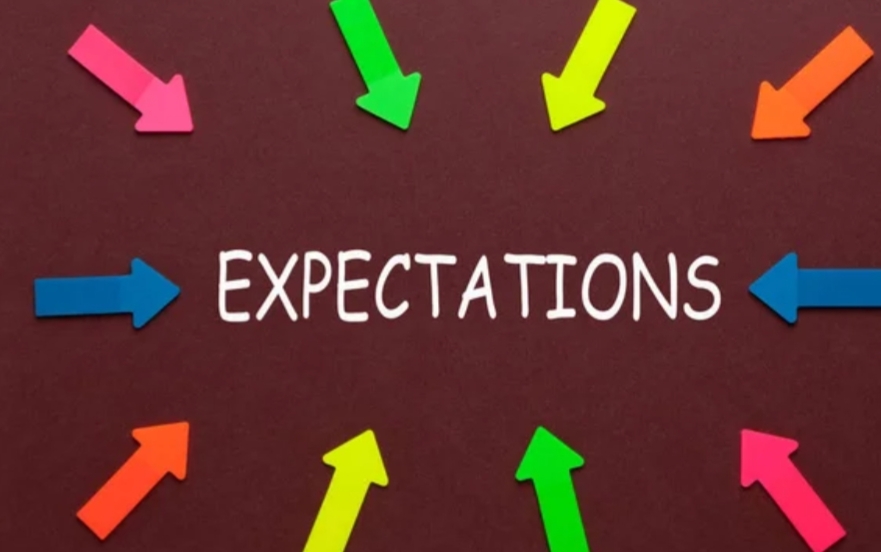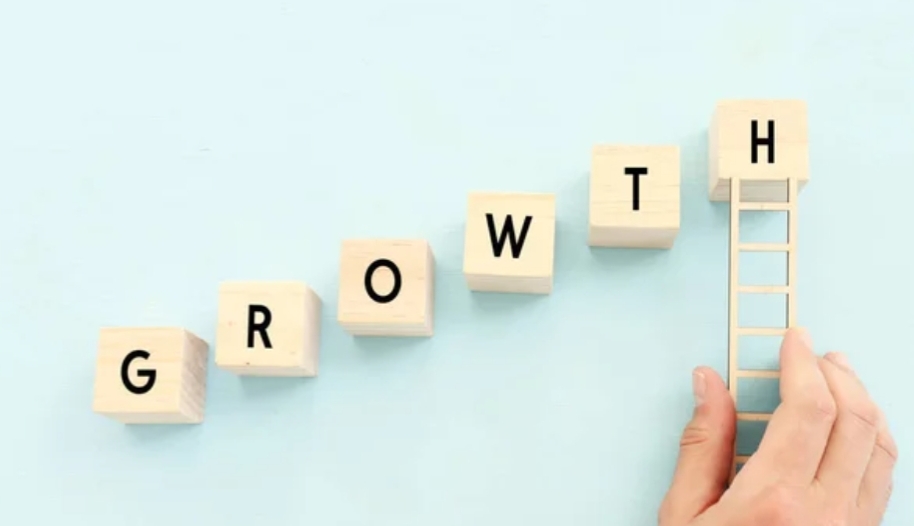
In a world filled with constant noise, from social media notifications to the relentless pressure to broadcast every achievement, the art of growing in silence seems to have been lost. We are taught that success must be loud, that our progress must be visible, and that our efforts should be met with public applause. Yet, true, sustainable growth often happens in the quiet, unseen moments—in the spaces between the likes and shares.
The concept of “growth in silence” is not about being secretive or reclusive. It is a philosophy of internal focus, a commitment to personal development that is driven by intrinsic motivation rather than external validation. It is the recognition that the most profound transformations occur when we are not performing for an audience, but are instead fully engaged in the process of becoming.
The Power of Unseen Effort
Think about a seed. It doesn’t sprout with a loud bang or announce its growth to the world. It germinates in the darkness, drawing strength from the soil and water, working tirelessly beneath the surface. Only when it is strong enough does it break through and reveal itself. Our personal growth is much the same. Therefore, the most crucial work—the learning, the self-reflection, the habit-building, and the resilience-forging—happens in the quiet hours.
This unseen effort is where you build genuine skill and character. It’s the extra hour you spend studying when no one is watching, the difficult conversation you have with yourself about your weaknesses, and the daily discipline of showing up for your goals, even when they feel distant. This is the work that builds a solid foundation, one that can withstand the storms of life and the fleeting nature of public opinion.
Escaping the Need for Validation
The constant need for external validation can be a major obstacle to growth. When our primary motivation is to impress others, we often prioritize actions that are easily seen and praised, even if they don’t align with our long-term goals. This can lead to a cycle of superficiality, where we are more concerned with the appearance of progress than with the actual substance of it.
Learning to grow in silence frees you from this cycle. It allows you to define success on your own terms. Instead of asking, “What will people think?” you begin to ask, “What do I need to do in order to become the person I want to be?” This shift in perspective is liberating. It allows you to make mistakes without shame. It also allows you to explore new paths without fear of judgment, and to celebrate small victories that only you are privy to.
Cultivating a Mindful and Intentional Life
Growing in silence requires a deep sense of mindfulness and intentionality. It’s about being present with your own journey, paying attention to your thoughts, feelings, and actions. It’s about creating a personal sanctuary where you can reflect, learn, and plan without the distractions of the outside world.
- Practice Self-Reflection: Take time each day to sit with your thoughts. Journaling, meditation, or simply quiet contemplation can help you understand your motivations and track your progress.
- Embrace Solitude: Schedule time for yourself where you are not connected to devices or other people. Use this time to read, learn a new skill, or simply be. Solitude is not loneliness; it is a space for self-discovery.
- Focus on the Process, Not the Outcome: Celebrate the small steps you take, not just the big achievements. Find joy in the act of learning and improving, regardless of the final result.
In a world that shouts, dare to grow in a whisper. The journey of self-improvement is not a public performance, instead it is a sacred, personal endeavor. By choosing to make your most significant strides in silence, you are not only building a more resilient and authentic self, but you are also proving that the most profound progress is often the one that doesn’t need an audience to be real. Remember, sometimes the most profound progress happens in the quietest moments.


